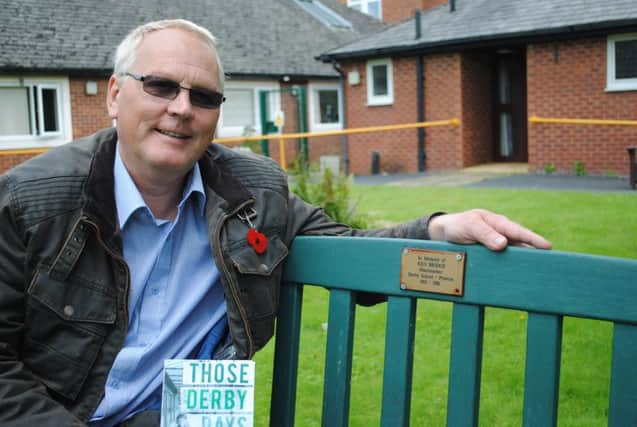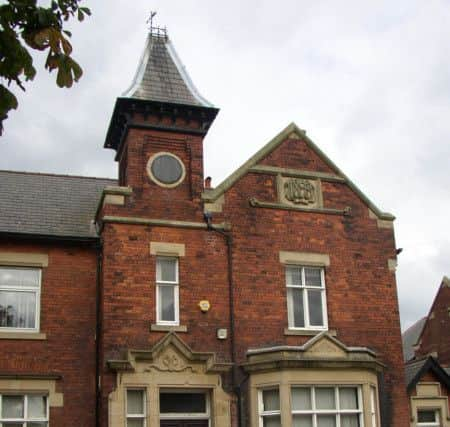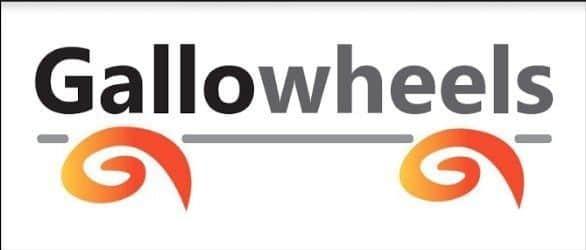Memories of attending a blind school in Preston


I was in shock and didn’t understand what was happening.
Going through a whole term lasting six weeks before being able to go home and see my parents made me feel I had done something wrong and this was my punishment – my prison.
After disembarking from the local education authority minibus that had brought me from Wakefield and standing on the driveway with my suitcase in hand, I looked round at the Victorian buildings and asked myself, why here? Why Preston? Why wasn’t there a school nearer? One where I could go home? These questions remained in my mind while I struggled to acclimatise to the boarding school regime of 24-hour control, something I was totally unprepared for.


Advertisement
Hide AdAdvertisement
Hide AdAfter seven-and-a-half years I left Derby School in May 1977, so eager was I to get away I gave no thought to my future, to further education or a career.
The school, which was originally called Fulwood Blind Homes, had given me a good education. It was better than I would have received in a mainstream school and I had excellent exam results. But the whole experience of being labelled disabled, sent away to a special school, returning home to find I’d lost all my friends and feeling a stranger in my own town, completely ruined my self-esteem and confidence.
I spent the next 20-odd years in low paid dead-end jobs knowing I deserved better but feeling helpless.
Finally in the mid 1990s hope arrived in the shape of Microsoft.


Advertisement
Hide AdAdvertisement
Hide AdI immediately saw the potential for computers and how Windows technology could help the visually impaired by being able to customise the screen and increase the size of text.
I enrolled on free computer lessons. I was amazed at how quickly I gained IT skills and soon found myself helping others. This experience gave me the confidence to take a basic teaching qualification.
In 2002 I left my full-time permanent job at a food distribution centre for a 14 week contract teaching IT 11 hours a week.
I just knew the gamble would pay-off and my contract would be extended.


Advertisement
Hide AdAdvertisement
Hide AdThe college sent me to Leeds University to gain my Certificate in Education (Cert Ed) and it was there that I was asked to write my educational biography for my first course assignment.
I hadn’t written anything since school so I needed a great deal of help.
My tutor explained about research and gathering evidence, he taught me how to reference and credit my sources of information, in short he taught me how to write. It’s at this stage that the seeds of my book began to germinate.
I would work on that first essay and develop it into a history of Derby School.


Advertisement
Hide AdAdvertisement
Hide AdArmed with my newly acquired skills for research I would answer those fundamental questions I’d asked on that first day and only by delving back in time to its Victorian origins could those questions be fully answered.
I wrote my book – Those Derby Days – off and on for about ten years. By fortunate coincidence it is being published in 2017, the 150th anniversary of Galloway’s Society for the Blind.
My book tells the unique story of this first ever school specialising in educating partially sighted children in Britain. From testimony of ex-pupils I describe how this fledgling school struggled to meet the challenges of a new concept in education.
Teachers had to adapt from instructing the blind to implementing the revolutionary new methods in educating the visually impaired.
Advertisement
Hide AdAdvertisement
Hide AdI faced huge challenges as it was thought acceptable to categorise and segregate disabled children, taking them away from family and all that was familiar to give them “a better chance in life” at a boarding school similar to the Victorian institution from which it was born.
Headmaster Ken Bridge and his staff were tremendous in keeping this small school at the cutting edge, as they were always searching for new forms of investment.
They were integral when attitudes changed towards more integration, and fought to keep the school open, taking the campaign to Downing Street and Prime Minister Margaret Thatcher.
With the battle lost and the gates finally closed in 1988, the continued camaraderie and fellowship of ex-staff and students determined to keep the spirit of this unique pioneering little school alive as it moved to Galloway’s Society for the Blind, in Penwortham, continues to this very day.
Advertisement
Hide AdAdvertisement
Hide AdPast pupils spread throughout the UK many have a lasting gratitude to the Derby School and to the pioneering parent charity we now call Galloway’s.
l Those Derby Days - A History of The Derby School for the Partially Sighted, written by Garry Cheesbrough is available now via Troubadour.
l Galloway’s needs to raise £1m this year to maintain its services. It now needs £50,000 for a new minibus to transport its service users to the centre in Penwortham and to social outings.
The Post has launched a campaign - Gallowheels - in conjunction with Galloway’s to raise £50,000. To make a donation visit www.galloways.org.uk/gallowheels; call: 01772 744148; or send a cheque payable to Galloway’s to: Galloway’s Society for the Blind, Howick House, Howick Park Avenue, Penwortham, PR1 0LS.
Are you holding any fund-raising events to support Galloway’s? Let us know by emailing [email protected].